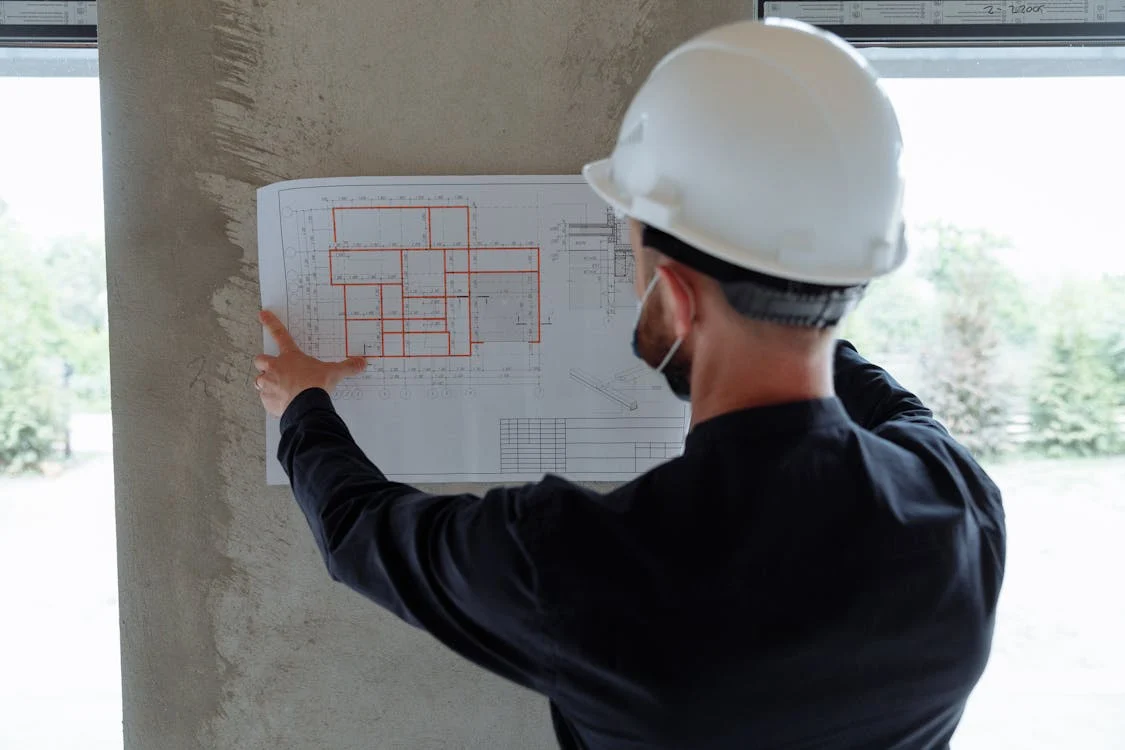Construction scheduling is a fundamental aspect of any building project. Whether you are constructing a new home, office building, or industrial facility, having an organized and efficient schedule is key to completing the project on time and within budget.
The process can be overwhelming, but understanding the stages of construction scheduling will help you navigate this critical phase and avoid costly delays. This step-by-step guide by construction delay damage experts provides an in-depth look at the process so you can confidently manage your construction projects.
1. Understanding the Importance of Construction Scheduling
A well-constructed schedule acts as the blueprint for the entire project. It provides a detailed timeline that outlines when and how every aspect of the project will be completed.
From the groundbreaking to the final inspection, construction scheduling ensures that tasks are performed in the correct sequence and that all stakeholders are on the same page. It helps to allocate resources effectively, prevent costly delays, and track the project’s progress.
2. Gathering Project Details and Requirements
Before you can begin scheduling, it’s essential to have a clear understanding of the project. Start by collecting all the relevant project details, including architectural plans, site surveys, and legal permits. You’ll need to know the project’s scope, timeline, and budget.
Additionally, be sure to gather information regarding the resources required, such as labor, materials, and equipment. The more thorough your understanding of the project’s details, the more accurate your schedule will be according to delay damage experts.

3. Breaking Down the Project Into Phases
Construction projects typically consist of multiple phases. These phases can vary depending on the type and size of the project but generally include design, permitting, excavation, foundation work, framing, electrical, plumbing, and final finishes.
Breaking the project down into phases makes it easier to create a logical flow and allocate time to each task. For each phase, identify the specific tasks that must be completed and the time needed for each task.
4. Identifying Critical Path Tasks
The critical path is the sequence of tasks that directly impacts the project’s completion date. Delays in any of these tasks will result in a delay to the entire project.
Identifying these critical tasks is one of the most important steps in construction scheduling, according to delay damage experts. Once the critical path has been determined, you can prioritize resources and allocate time effectively to avoid bottlenecks that may slow down progress.
5. Setting Realistic Timelines
Creating a realistic timeline is crucial to the success of the project. Avoid underestimating the amount of time needed for each task. Account for possible delays due to weather, labor shortages, or material availability. Use historical data from similar projects to set more accurate estimates.
Additionally, consider any external factors that may affect the timeline, such as government inspections or third-party contractors. A good construction schedule includes buffer time for unexpected issues.

6. Allocating Resources
For a construction project to run smoothly, proper allocation of resources is essential. This includes human resources (laborers, engineers, supervisors, delay damage experts), materials (cement, steel, wood), and equipment (cranes, excavators, scaffolding).
Efficient resource allocation helps ensure that each phase of the project has the necessary personnel and materials to avoid unnecessary project delays. Make sure to schedule regular check-ins to monitor resource use and adjust as necessary.
7. Establishing Milestones
Milestones are significant points in the construction project when major objectives are completed. These can include completion of the foundation, installation of roofing, and passing the necessary inspections.
Setting clear milestones helps you track progress and assess if the project is on schedule. Milestones also provide motivation to the team, as they mark achievements that demonstrate forward momentum. Setting up a series of milestones helps identify areas where the project may be lagging behind.
8. Incorporating Contingency Plans
Despite careful planning, delays and setbacks can occur. This is why it’s important to include contingency plans in the schedule. A contingency plan is a backup plan for managing potential risks and unexpected challenges. For example, you may need to account for material shortages, severe weather, or unavailability of key labor.
Allocating extra time and resources to handle these issues will help reduce their impact on the overall project. Including contingency plans in your schedule will help keep the project on track even when unforeseen events occur, according to delay damage experts.

9. Monitoring Progress and Making Adjustments
Construction scheduling isn’t a one-time task but an ongoing process. Once the project is underway, you’ll need to consistently monitor progress to ensure that the schedule is being followed. Track completed tasks, identify any delays or bottlenecks, and assess whether milestones are being met.
If delays occur, make adjustments to the schedule by reallocating resources or extending deadlines in a way that minimizes disruptions. Regular communication with the project team, delay damage experts, and other stakeholders is essential for keeping everyone informed and aligned.
10. Final Review and Closeout
As the project nears completion, conduct a final review to ensure that all tasks have been completed according to the schedule. This includes verifying that inspections, certifications, and approvals have been obtained.
The closeout phase involves finalizing all paperwork, confirming that all contractors have been paid, and preparing the building for handover. If there were any issues or delays during the project, be sure to document them and analyze how they can be prevented in future projects.
The Bottom Line
Construction scheduling is a vital component of successful project management. By breaking down the project into phases, identifying critical tasks, and setting realistic timelines, you can help ensure that your construction project stays on track.
Allocating resources effectively and setting milestones allows you to monitor progress and make adjustments as needed. Contingency plans provide a safety net, and regular monitoring ensures that the project is moving forward according to plan.
Understanding and managing each stage of construction scheduling will help you become better equipped to navigate the complexities of construction projects and deliver successful results.
Reliable Construction Scheduling Expert Witness Services in Los Angeles
At HPM Consultants, we specialize in creating tailored construction schedules that ensure your project stays on track and within budget. Our expert team will work with you every step of the way, from planning and resource allocation to monitoring progress, minimizing delays, and mitigating risks.
Don’t let delays derail your project—let us help you navigate the complexities of construction scheduling for a successful outcome. We also offer construction scheduling and delay damage expert witness services. Contact HPM Consultants today to get started and take the first step toward a well-organized, on-time project completion!



